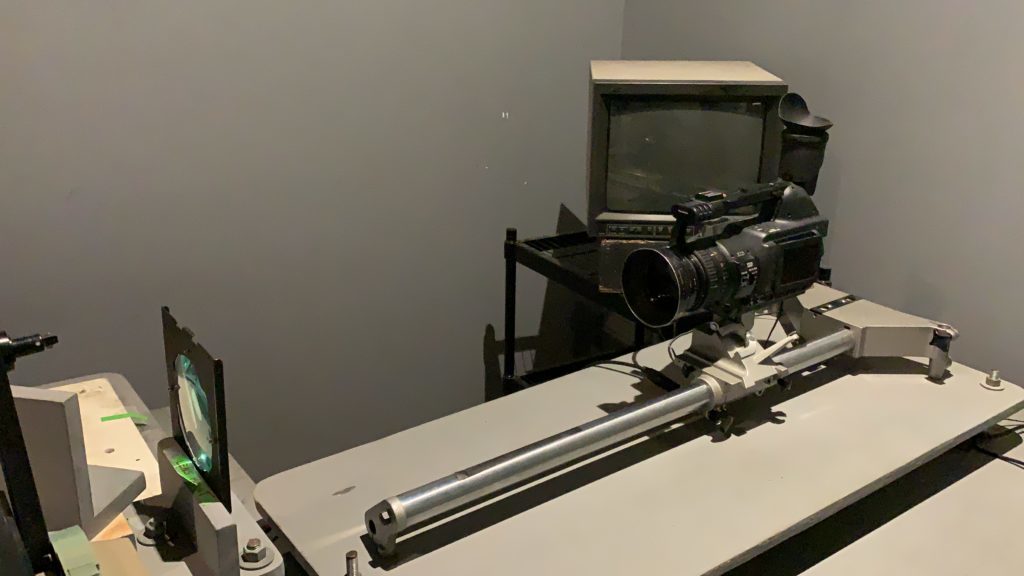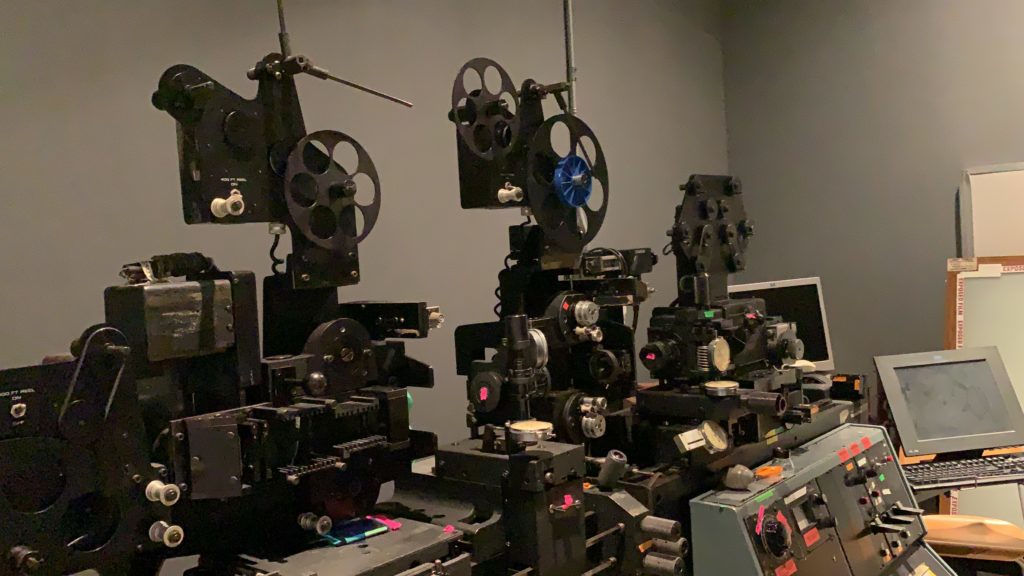By Michael Jagassar

If you search up the name “Roberto Ariganello” on the internet, you’ll find the name of a filmmaker in the credits of other films more frequently before you’d find it in his own work, in films such as Non-Zymase Pentathlon (1995), Contrafacta (2000) and Shelter (2001) among others. He was a teacher, a mentor, a collaborator, and a pioneer to young filmmakers in the city of Toronto. He was also one of the previous executive directors of the Liaison of Independent Filmmakers of Toronto (LIFT).
Ariganello’s untimely death in 2006 at the age of 45 left LIFT in a time of crisis. When the news broke that he had died while filming his latest project about his own personal tale of his family’s immigration, the folks at LIFT realized that their respected leader had never passed down his own significant institutional knowledge. On top of that, the institute’s landlord unexpectedly chose to not renew their lease so as to sell the property to developers. Left in a rock-and-hard place, this was a dark point in LIFT’s history.
Fast forward 14 years later, thanks to grants and capital campaign funding, LIFT was able to relocate to their current building at 1137 Dupont St. They have had steady enrolment and funding with their 40th anniversary coming soon, but they are aware that they cannot afford to rest on their laurels, especially in the development and changes that come in Toronto.
Sitting across from me in one of the institute’s four seminar rooms is Cayley James, LIFT’s development coordinator, who explains all about the institute’s history and what makes it so unique as a resource in helping aspiring filmmakers move forward.
“We’ve weathered quite a few storms,” says James, “we’ve had to relocate multiple times and we’ve lost some people over the years unfortunately, but we’re still around, and as long as we are, our mission to help people pursue their creative outlets is still on.”
From renting out and selling film equipment, to hosting workshops and classes in order to train for the use of the building’s multitude of workspaces and editing suites, LIFT is essentially a film school. They provide training in both older, analog-style filmmaking, and new, digital-style filmmaking, leaving students and members with adept knowledge of both worlds.
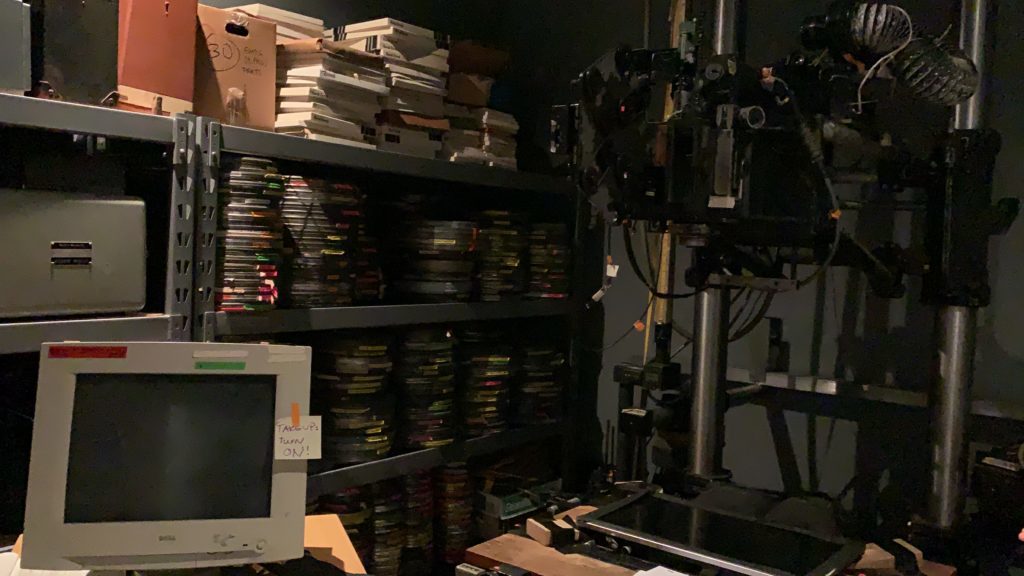
LIFT has had to relocate their services across three buildings in their 39 years of operation. They have recently renewed their building lease for another few more years, but their rent has been increased by $60,000 dollars a year. Factor this in with the ever-growing cost of living in Toronto, and LIFT is unsure what the future holds. They’re primarily concerned as to whether or not there will be any filmmakers in downtown Toronto to make use of their facilities.
“We must do our best to encourage and grow the art of filmmaking,” said Rolla Tahir, education and outreach coordinator and LIFT and 2018 University of Toronto (UofT) Arbor Award winner, the university’s most prestigious award given out for her work with UofT including her creation the school’s filmmaking mentorship program, “it is our job to be pioneers for future filmmakers, regardless of the financial situation or any other obstacles in this city and the world. I remember the hours it took of me working and volunteering to win the Arbor… it was so rewarding, but the real prize is the growth of young filmmakers in our industry who we get to help each and every day.”
But outside of a worrisome future, LIFT is running healthy and its users are just as pleased with the facilities they have available to them. From freelance filmmakers to postsecondary students, LIFT keeps a diverse group of users who constantly use their suites and equipment for their creative practices, and they are very much satisfied with them.
“Outside of being able to use their suites for my music and school work, I think what really sets them apart is their workshops and education,” said Gabriel Willis, a fourth-year media production student at Ryerson who explains as he sits at his desk showing off some borrowed equipment from LIFT. He brandishes an older-style Olympus OM-1/N camera which he took home for a week from them, along with a neat 50mm F1.8 lens for a cumulative project in one of his media courses.
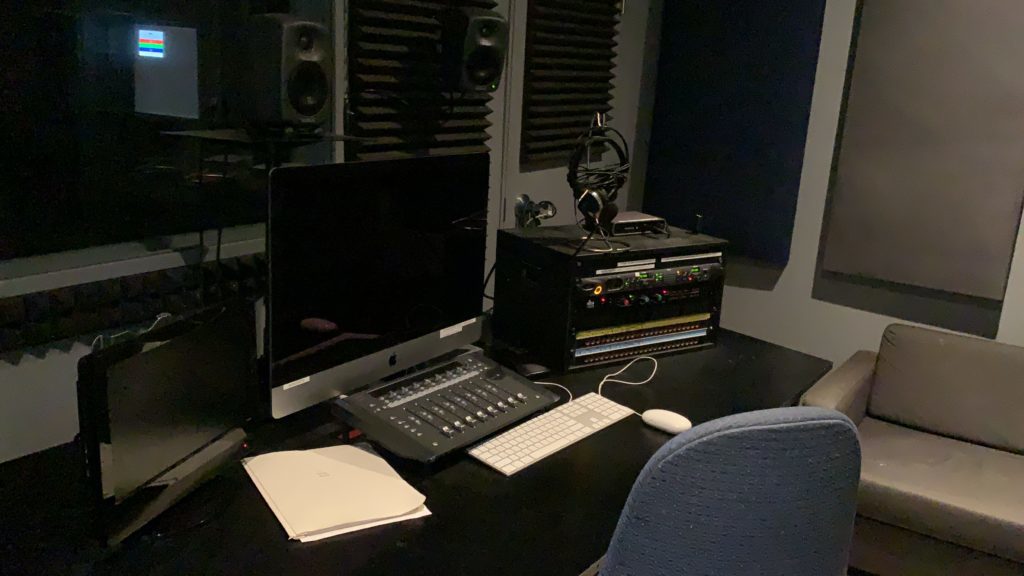
“I really didn’t expect to learn about analog that much or actually put it to use in this day and age,” said Willis, “I didn’t even know the differences between millimetre length in film and it turned out to be huge. Analog is characterized simply by stuff like video tapes and large rolls of 35mm film. Really, I think it’s an art form that isn’t done as simply as digital with your USB’s and servers. If it wasn’t for my knowledge and portfolio in both, I wouldn’t have landed my internship in commercial filming this summer.
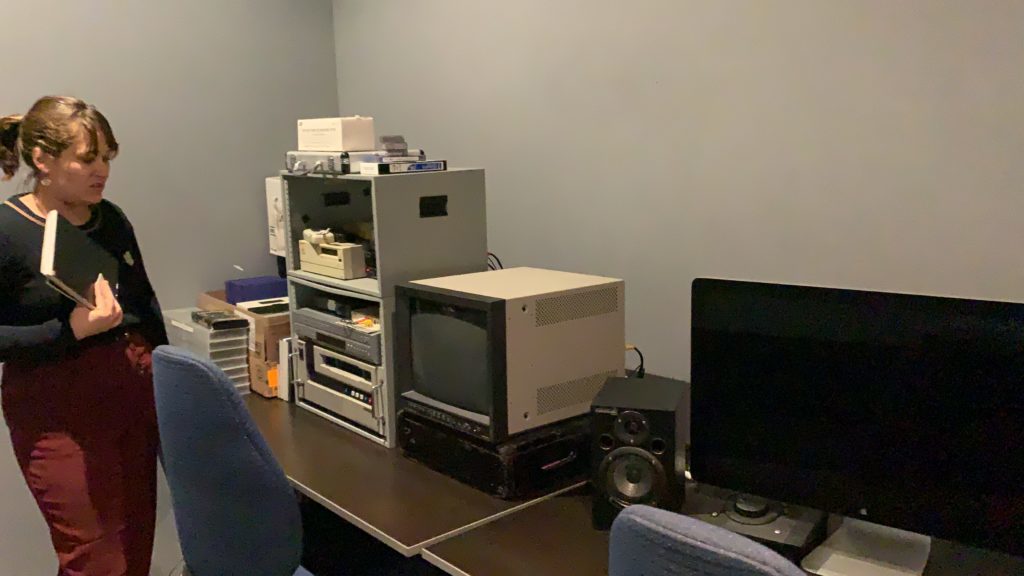
James briefly skims through pamphlets on LIFT and touches on the fact that membership is so cheap compared to actual recognized film school. It enables artists to explore on their own as opposed to working towards a school credit.
“Film school can run you through thousands of dollars while $70 to $175 for a membership here(including however much you pay for rentals and purchases) will provide you with workspaces, knowledge from hand processing 35mm film to working with Sennheiser shotgun mics, and round the clock assistance,” says James.
Apart from their in-house services, LIFT has also aided other film festivals and organizations in Toronto, such as the Christie Pits Film Festival, imagineNATIVE (a local indigenous film festival) and the larger Toronto International Film Festival (TIFF). LIFT has also helped various other film festivals through sponsorship and equipment rentals since their creation. To them, it is just as important to spread and promote film festivals as it is important to train and aid filmmakers. They all share the same end goal.
“As helpful as our programs have been to the community with teaching and mentoring in filmmaking, we can’t forget about the bigger picture”, said Chris Kennedy, LIFT’s executive director, “these festivals that we’re supporting provide filmmakers with exposure and grow the industry.”
Although analog cinematography isn’t as prominent in present-day filmmaking with the rise of digital cinematography, the staff and instructors at LIFT believe it is just as important to learn both.
“It’s important to know the basics of analog”, said Kennedy, “even with digital taking over pretty much everything, it’s important to not take that shortcut. Film has existed for over a hundred years, there is so much to learn between now and then that all filmmakers respect when putting together their projects now.”
As for next steps, the staff at LIFT is unsure as to what the future holds, but they continue to remain optimistic and positive.
“We can’t live in worry that one day we’re going to wake up and we’re out of business because no one does film in Toronto anymore”, said James, “as long as we’re still in business and still serving the community, we still have a mission and a statement to fulfill every day.

